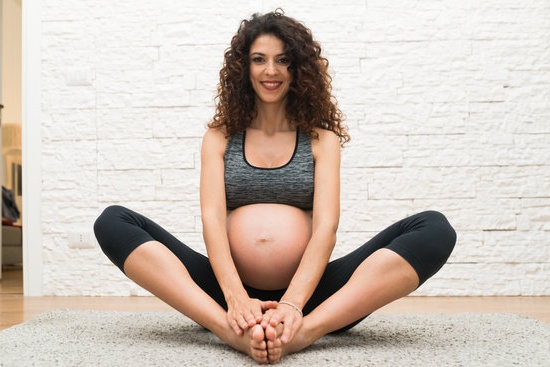Stomach Tightness During Pregnancy
Stomach tightness is a common and usually benign symptom experienced by many women during pregnancy. It’s important to understand what might be causing it and how to ease the discomfort.
Causes of Stomach Tightness During Pregnancy
During pregnancy, several changes cause your body to experience stomach tightness. Below are some of the most common ones:
- Round Ligament Pain: During the second and third trimester, the round ligaments around your uterus stretch to accommodate your growing baby. This overstretching can cause sharp or dull, pulling sensations known as “round ligament pain”, accompanied by a feeling of tightness in your stomach area.
- Braxton-Hicks Contractions: You might experience Braxton-Hicks contractions, which are commonly known as “false labor.” Braxton-Hicks contractions are harmless and typically feel like a dull tugging sensation in the lower abdomen.
- Gas or Bloating: As your uterus expands, it can place pressure on other organs in the abdomen, such as your stomach and intestines. This can cause gassiness, bloating and stomach tightness.
- Constipation: Hormonal changes and the additional pressure from a growing uterus can slow down your digestion and make it more difficult to have regular bowel movements. This can lead to constipation, cramps and a feeling of tightness in your abdomen.
When to See a Doctor
If you’re experiencing stomach tightness and it’s accompanied by any of the following symptoms, you should seek medical attention immediately:
- Severe pain
- Bleeding or spotting
- Fever
- Significant changes in your baby’s movements
Treating Stomach Tightness During Pregnancy
Fortunately, there are a few things you can do at home to help relieve stomach tightness. Here are some tips:
- Mild Activity: Try doing some light activity such as walking, swimming or yoga to stretch your muscles and improve your circulation.
- Drink Water: Staying hydrated is important for overall health. Drink water throughout the day to help flush toxins from your body and keep yourself hydrated.
- Get Adequate Rest: Getting enough rest is key to keeping your energy levels up and helping your body handle the added strain of pregnancy.
- Consider Use of Heat/Cold: Alternating between heat and cold can help reduce inflammation and ease the muscle tension associated with stomach tightness.
- Eat Regularly: Try to eat small meals throughout the day instead of waiting for large meals. This can help reduce the amount of gas and bloating in your digestive tract.
If you’re still experiencing severe or persistent stomach tightness during pregnancy, be sure to consult your doctor for more personalized advice.

Welcome to my fertility blog. This is a space where I will be sharing my experiences as I navigate through the world of fertility treatments, as well as provide information and resources about fertility and pregnancy.





